This blog was written by Chowdhury Mufad Ahmed, Senior Education Adviser, UNICEF Bangladesh, and Mike Douse, independent International Education/TVET Adviser. The authors will making a presentation entitled ‘Increasingly Inclusive: Bangladesh’s Four Primary Education Development Programmes’ at the September 2019 UKFIET conference on inclusive education systems.
The numbers of children involved, and the amount of funds applied, place Bangladesh’s successive Primary Education Development Programmes (PEDPs) amongst the world’s most significant donor-supported interventions. The four PEDPs have evolved from the initial ‘Twenty-seven projects in search of a Programme’ situation through to the well-organised and determined approach to the ‘middle-income country by 2021’ current destination. Some specific lessons include:
- The importance of getting best value from technical assistance (TA): the right consultant at the right time with the right terms of reference, confidently supported, monitored and national officers (avoiding the ‘expert as hero’ syndrome);
- Streamlining and harmonising procedures, forms and processes, incorporating a results-based modality;
- Approaching gender issues determinedly and creatively, overcoming disparities – but also meeting the second generation challenges of female students now performing much better than males: even a perception of academic success as a ‘feminine attribute’ and, indeed, of schooling as a ‘feminine ritual’;
- Realising that Inclusive Education requires a mind-set change not only by policymakers but also by teachers, parents and, indeed, children. Bringing in even more learners (for example, with special needs, speaking minority languages or in acute poverty) may be a burden rather than a priority for schools;
- Accepting that the current humanitarian crisis with the Rohingya children presents a particular challenge;
- Appreciating that programmes may very easily overload teachers, head teachers and educational administrators at all levels: additional demands, when unaccompanied by remunerative, status or participative enhancements, may exacerbate already negative situations;
- Recognising the value of Pre-Primary Education, provided the emphasis is on acquiring learning readiness through play, as opposed to merely commencing Grade 1 a year earlier, with damaging educational consequences; and
- Ensuring that the distribution of school construction is both demand-based and equitable, leading to the elimination of double shifts.
Underlying those particular illustrations are three more general observations:
- Moving into a sector-wide approach (SWAp) is best seen as an ongoing process as opposed to a one-off event, to be characterised by open and well-informed dialogue between development partners, government at all levels, academics, civil society and other parties with legitimate interests (such as teachers’ representatives and the media);
- The success or otherwise of educational interventions depends most upon the least easily measurable factors (such as the morale of teachers, the well-informed understanding and support of local communities, sensitive quality assurance and the politico-bureaucratic understanding and flexibility of managers at all levels); and
- While those involved in education sector SWAps, or contemplating their introduction, should critically review experiences from elsewhere, they should then, through genuine, well-informed and widespread consultation, determine the objectives, arrangements and procedures best-suited to their particular circumstances, challenges and aspirations, allowing for flexible evolution as demands and situations change and as understanding increases.
For further information, please refer to: Ahmed C.M & Douse M. (2019) Legacies and Lessons from two decades of Bangladesh Primary Education Programmes, Journal of Education and Human Development Vol. 8 No.2. June 2019.

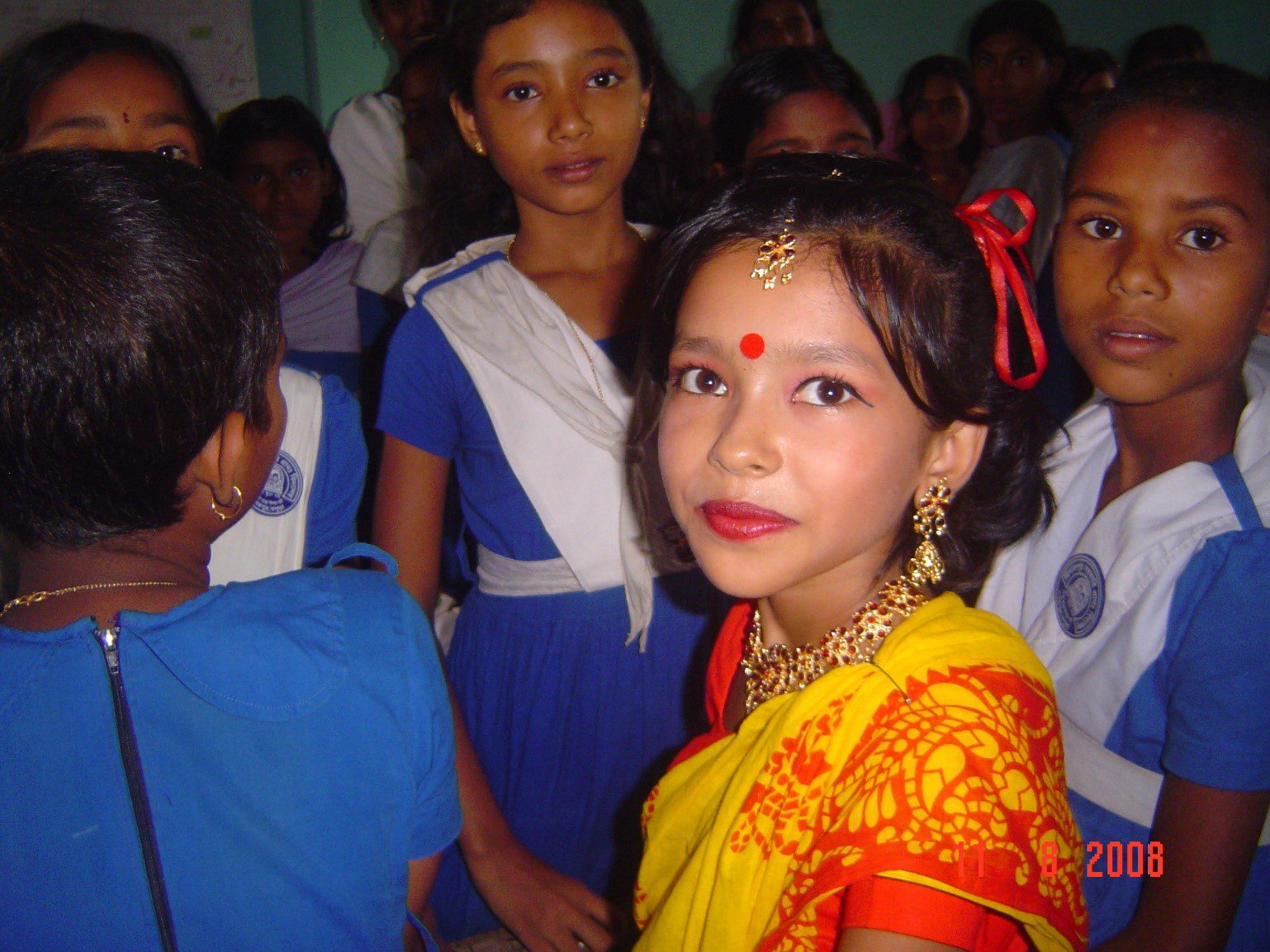
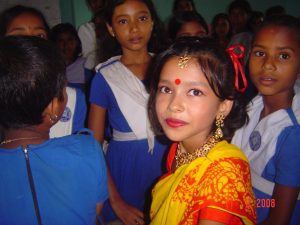
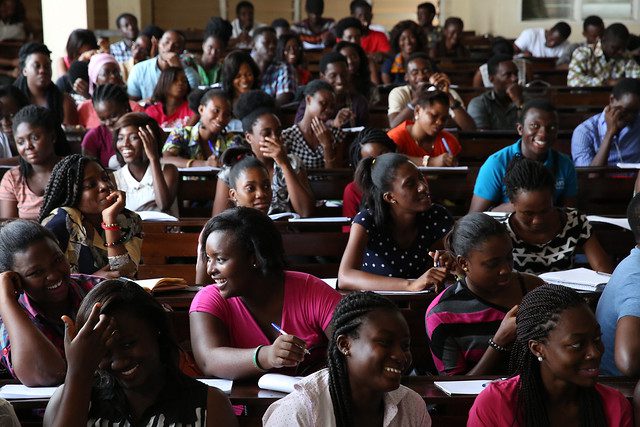
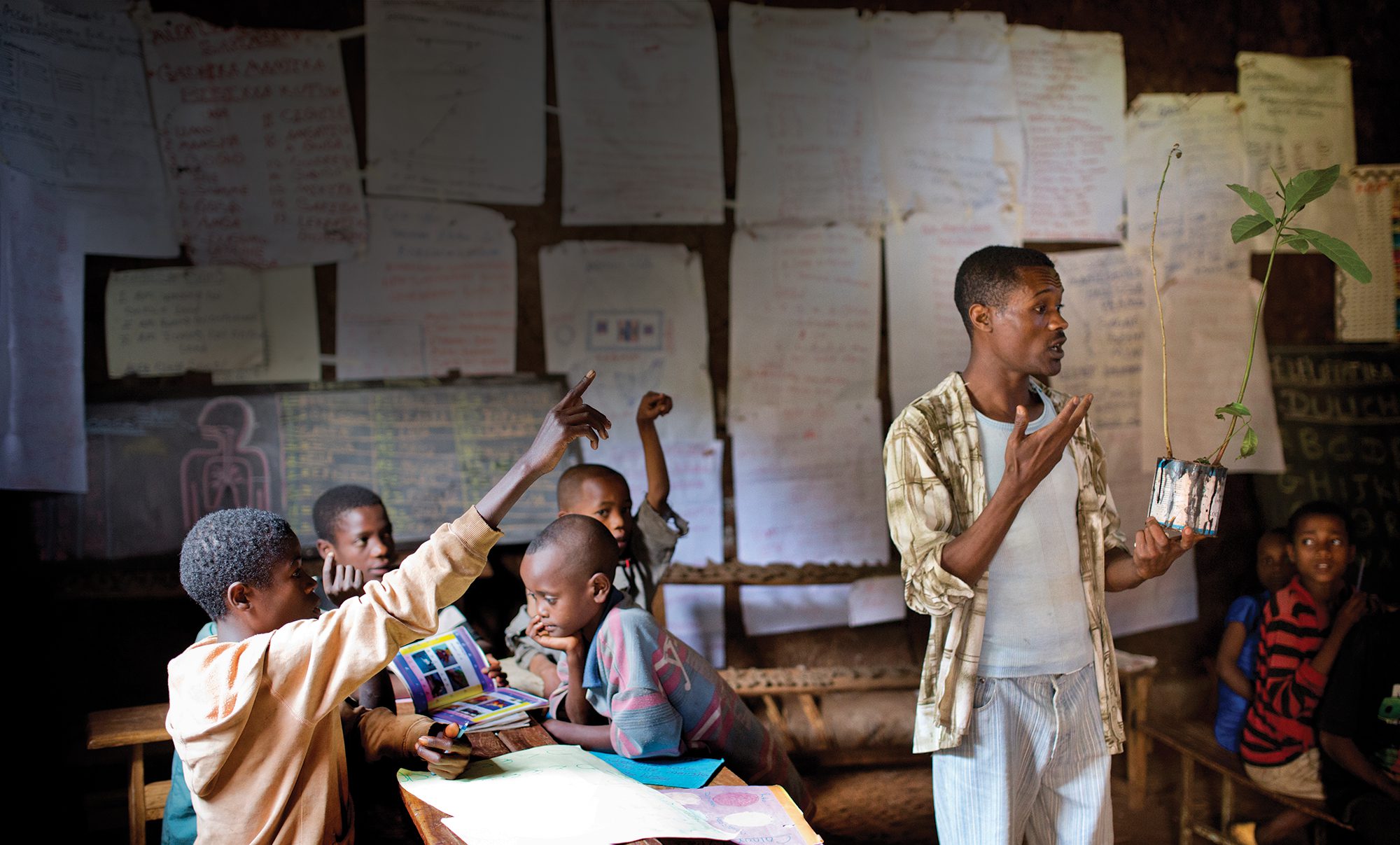
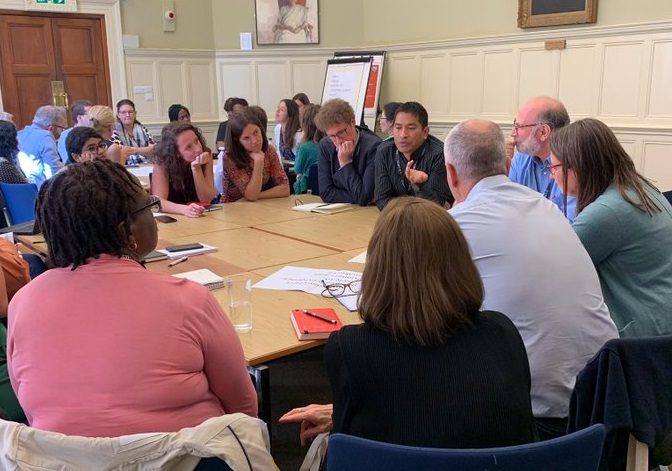
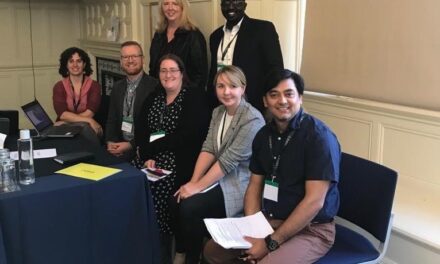
thanks. nice article